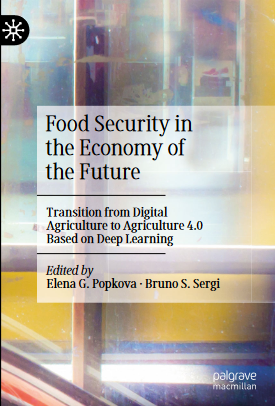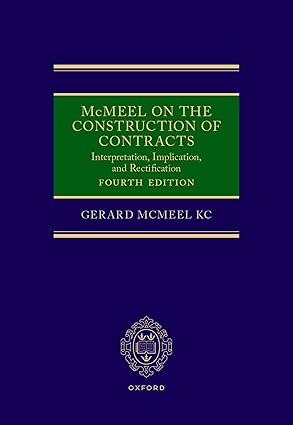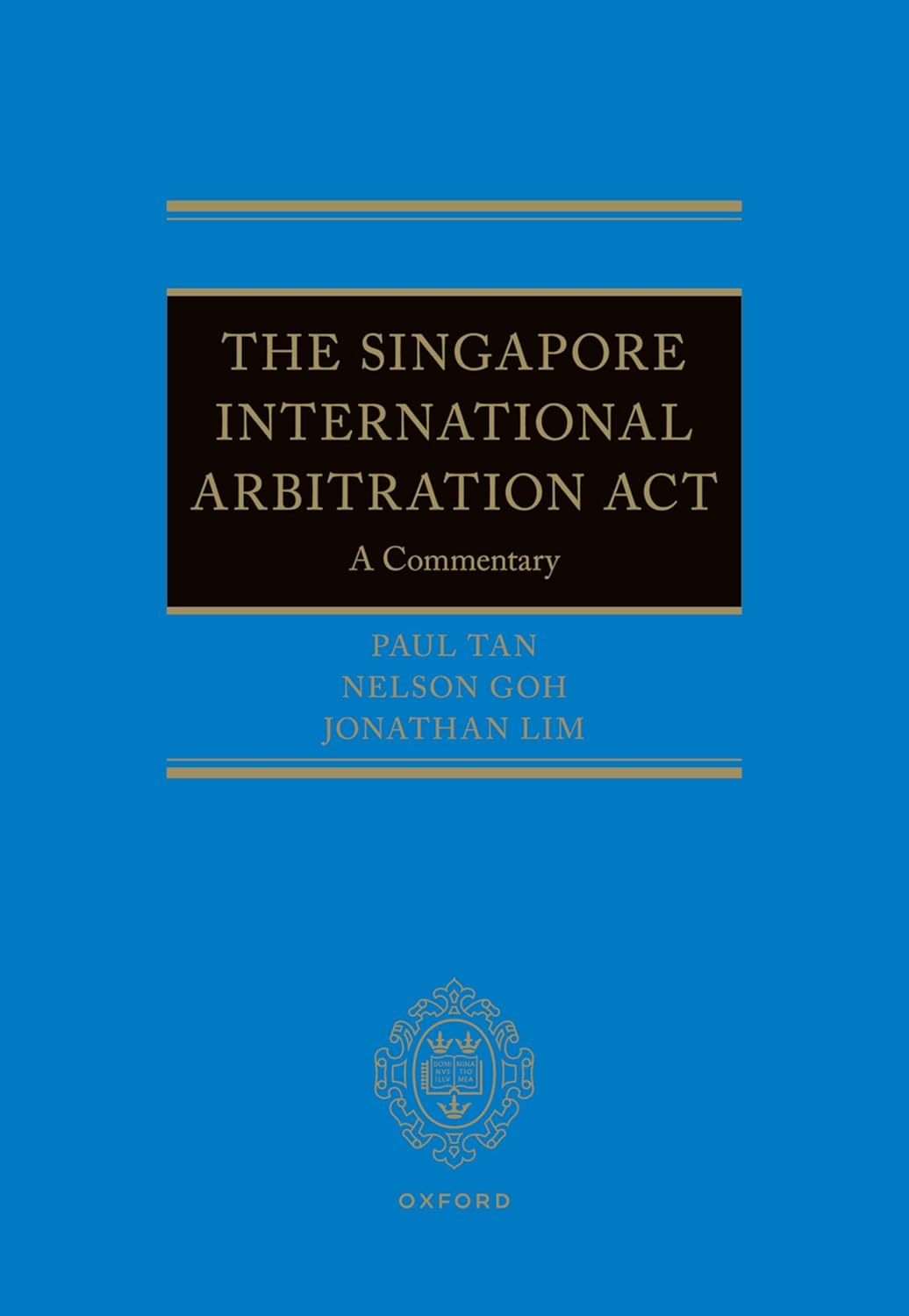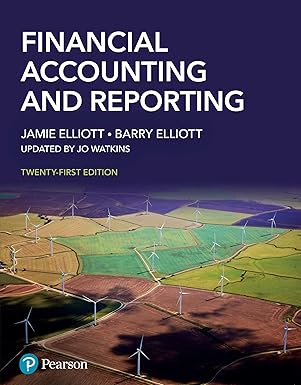20 D. A. MIRGOROD ET AL. geographical location and a constant population growth. In addition to the internal factors, the problem of Egypt is also aggravated by the external background, which is associated with Ethiopia’s desire to put the Renaissance Dam into operation as quickly as possible and the current high level of conflict in the world. Thus, in the foreseeable future, there is a threat of an unprecedented crisis for Egypt, which may affect not only the country, but also the entire region, as well as have global impli- cations. Accordingly, the problem of Egypt’s food and water security has important scientific and applied significance within the framework of global, regional, and national sustainable development issues. Moreover, the mentioned threat is also connected with the specifics of the Middle East. The high conflict potential of the region will increase significantly if Egypt, which has been relatively stable until now, is not able to ensure its food security. Methodology The subject of this study deals with the general subject-area of sustain- able global development, which required the involvement of an extensive theoretical base on this issue. In this regard, the authors of the work used the works of such scientists as R. Baumgartner [1], R. Kates [2], A. Steer [3], C. Stevens [4], K. Tomislav [5], J. Zhao [6], and some others. In addition, the authors were guided by theoretical developments in the field of food and water security as one of the main components of the problem area of sustainable development—M. Falkenmark [7], A. Gerlak [8], M. Hameed [9], C. Scott [10], M. Taka [11], and M. Zeitoun [12]. It should be emphasized that the study used theoretical developments on the noted problem both in the country itself and in the Middle East for the purpose of situational analysis of the state of food and water security in Egypt. The situation with the access of the region’s population to water and food resources was determined by the works of M. Behnassi [13], R. Hanna [14], J. Saghir [15], and O. Bozorg-Haddad [16]. The authors also used situational analysis of the state of food and water security within the framework of sustainable development issues. Addi- tionally, a predictive method was used. The combination of these methods allowed us to form an understanding of the state and prospects of food and water security in Egypt.
چکیده فارسی
20 D. A. MIRRGOROD ET AL. موقعیت جغرافیایی و رشد ثابت جمعیت. علاوه بر عوامل داخلی، مشکل مصر با پس زمینه خارجی نیز تشدید می شود که با تمایل اتیوپی برای بهره برداری هر چه سریعتر سد رنسانس و سطح بالای درگیری کنونی در جهان همراه است. بنابراین، در آینده قابل پیشبینی، خطر یک بحران بیسابقه برای مصر وجود دارد که ممکن است نه تنها کشور، بلکه کل منطقه را تحت تأثیر قرار دهد و پیامدهای جهانی نیز داشته باشد. بر این اساس، مشکل امنیت غذایی و آب مصر در چارچوب مسائل توسعه پایدار جهانی، منطقه ای و ملی اهمیت علمی و کاربردی مهمی دارد. علاوه بر این، تهدید مذکور با ویژگی های خاورمیانه نیز مرتبط است. اگر مصر که تا کنون نسبتاً باثبات بوده، نتواند امنیت غذایی خود را تضمین کند، پتانسیل بالای درگیری منطقه به میزان قابل توجهی افزایش خواهد یافت. روش شناسی موضوع این مطالعه به حوزه موضوعی کلی توسعه پایدار جهانی می پردازد که مستلزم دخالت یک پایه نظری گسترده در این موضوع است. در این راستا، نویسندگان اثر از آثار دانشمندانی مانند R. Baumgartner [1]، R. Kates [2]، A. Steer [3]، C. Stevens [4]، K. Tomislav [5] استفاده کردند. ، جی. ژائو [6] و برخی دیگر. علاوه بر این، نویسندگان با پیشرفتهای نظری در زمینه امنیت غذایی و آب به عنوان یکی از مؤلفههای اصلی حوزه مشکل توسعه پایدار هدایت شدند. فالکنمارک [7]، A. Gerlak [8]، M. Hameed [9]، C. Scott [10]، M. Taka [11] و M. Zeitun [12]. لازم به تاکید است که در این مطالعه از تحولات نظری در مورد مشکل ذکر شده هم در خود کشور و هم در خاورمیانه به منظور تحلیل موقعیتی وضعیت امنیت غذایی و آب در مصر استفاده شده است. وضعیت دسترسی جمعیت منطقه به منابع آب و غذایی با آثار م. بهناسی [13]، ر. حنا [14]، ج. ساغیر [15] و اُ. بزرگ حداد [16] مشخص شد. . نویسندگان همچنین از تحلیل موقعیتی وضعیت امنیت غذا و آب در چارچوب مسائل توسعه پایدار استفاده کردند. علاوه بر این، یک روش پیش بینی استفاده شد. ترکیب این روش ها به ما امکان داد تا درک درستی از وضعیت و چشم انداز امنیت غذا و آب در مصر داشته باشیم.
ادامه ...
بستن ...
Editors
Elena G. Popkova
People’s Friendship University
of Russia (RUDN University)
Moscow, Russia
Bruno S. Sergi
University of Messina
Messina, Italy
Harvard University
Cambridge, USA
ISBN 978-3-031-23510-8 ISBN 978-3-031-23511-5 (eBook)
https://doi.org/10.1007/978-3-031-23511-5
© The Editor(s) (if applicable) and The Author(s), under exclusive license to Springer
Nature Switzerland AG 2023
This work is subject to copyright. All rights are solely and exclusively licensed by the
Publisher, whether the whole or part of the material is concerned, specifically the rights
of translation, reprinting, reuse of illustrations, recitation, broadcasting, reproduction on
microfilms or in any other physical way, and transmission or information storage and
retrieval, electronic adaptation, computer software, or by similar or dissimilar methodology
now known or hereafter developed.
The use of general descriptive names, registered names, trademarks, service marks, etc.
in this publication does not imply, even in the absence of a specific statement, that such
names are exempt from the relevant protective laws and regulations and therefore free for
general use.
The publisher, the authors, and the editors are safe to assume that the advice and informa-
tion in this book are believed to be true and accurate at the date of publication. Neither
the publisher nor the authors or the editors give a warranty, expressed or implied, with
respect to the material contained herein or for any errors or omissions that may have been
made. The publisher remains neutral with regard to jurisdictional claims in published maps
and institutional affiliations.
Cover illustration: © Alex Linch shutterstock.com
This Palgrave Macmillan imprint is published by the registered company Springer Nature
Switzerland AG
The registered company address is: Gewerbestrasse 11, 6330 Cham, Switzerland
ادامه ...
بستن ...
Contents
1 Transition to Agriculture 4.0 Under the Influence
of the Fourth Industrial Revolution (Introduction) 1
Elena G. Popkova and Bruno S. Sergi
Part I Digital Agriculture and New Opportunities for
Providing Food Security in the Context of the
Fourth Industrial Revolution
2 Strategic Directions for Smart Agriculture Based
on Deep Learning for Future Risk Management
of Food Security 9
Elena G. Popkova, Tatiana N. Litvinova,
Olga M. Zemskova, Mariya F. Dubkova,
and Anna A. Karpova
3 Food and Water Security of the Middle East (the Case
of Egypt) 19
Denis A. Mirgorod, Gennadii V. Kosov,
Elena A. Soloveva, Alihan M. Israilov,
and Alexander A. Pohilko
4 Best Practices and the Digital Model of Agricultural
Development in Developed and Developing Countries 27
Elena V. Sofiina, Irina V. Milchik, Igor V. Denisov,
and Nadezhda K. Savelyeva
v
vi CONTENTS
5 Monitoring the Compliance of Today’s Agriculture
with Food Security Needs for Sustainable Development 37
Elena A. Bratukhina, Berik T. Beisengaliyev,
Anastasia A. Sozinova, and Ksenia V. Borzenko
6 Green Finance: Analysis of Prospects of the Russian
Market 45
Olga G. Kantor, Yuliya R. Rudneva, Dmitriy Yu. Dunov,
Shakhlo T. Ergasheva, and Boris M. Leybert
Part II Prospects for Food Security of the Future
Economy in the Transition to Agriculture 4.0
Based on Deep Learning
7 Food Security in the Digital Economy: Traditional
Agriculture vs. Smart Agriculture Based on Artificial
Intelligence 59
Aleksei V. Bogoviz, Vladimir S. Osipov,
Tatiana M. Vorozheykina, Veronika V. Yankovskaya,
and Igor Yu. Sklyarov
8 Transition from Digital Agriculture to Agriculture
4.0 as the Most Promising Scenario for Ensuring
Future Food Security 75
Mikhail S. Kyzyurov, Ayapbergen A. Taubayev,
Larissa P. Steblyakova, and Larisa V. Shabaltina
9 A New Level of Food Security as a Result
of the Transition of Food-Importing Countries
to Agriculture 4.0 Based on Deep Learning 85
Anastasia A. Sozinova, Aigul S. Daribekova,
Irina P. Lapteva, and Maria V. Makarova
10 Risks of Agricultural Economy and Climate Risk
Management for Enterprises of Agriculture 4.0 Based
on Deep Learning 93
Tatiana N. Litvinova
CONTENTS vii
11 Prospects for Using Investment by Agricultural
Cooperatives of Kyrgyzstan in the Regional Economy
of Central Asia 101
Kalil D. Dzhumabayev, Alymkul K. Dzhumabayev,
Shukurali A. Jamalov, Elmira K. Kydykbaeva,
and Taalaigul Azamat kyzy
Part III Applied Recommendations for Shaping
Agriculture 4.0 Based on Deep Learning to
Ensure the Food Security of the Economy of the
Future
12 Advanced Digital Technology in Agriculture and Its
Contribution to Food Security 115
Elena V. Karanina, Elena A. Vechkinzova,
Yuliya A. Kopytina, and Nurlybek T. Malelov
13 Roadmap for the Transition from Digital Agriculture
to Agriculture 4.0 Based on Deep Learning
in the Economy of the Future by 2030 123
Nazgul S. Daribekova, Marina A. Sanovich,
Nadezhda K. Savelyeva, Tatiana A. Dugina,
and Anastasia I. Smetanina
14 Automation of Agriculture Based on Deep Learning:
Modeling and Management to Improve Quality
and Efficiency 131
Natalia V. Przhedetskaya, Eleonora V. Nagovitsyna,
Victoria Yu. Przhedetskaya, and Ksenia V. Borzenko
15 Responsible Production and Consumption
in Agriculture 4.0 Based on Deep Learning
for Sustainable Development 139
Yerlan B. Zhailauov, Natalia V. Przhedetskaya,
and Vasiliy I. Bespyatykh
16 Agriculture 4.0: Perspectives on Food Security
in the Agricultural Economy of the Future 147
Elena G. Popkova and Bruno S. Sergi
Index 149
ادامه ...
بستن ...










